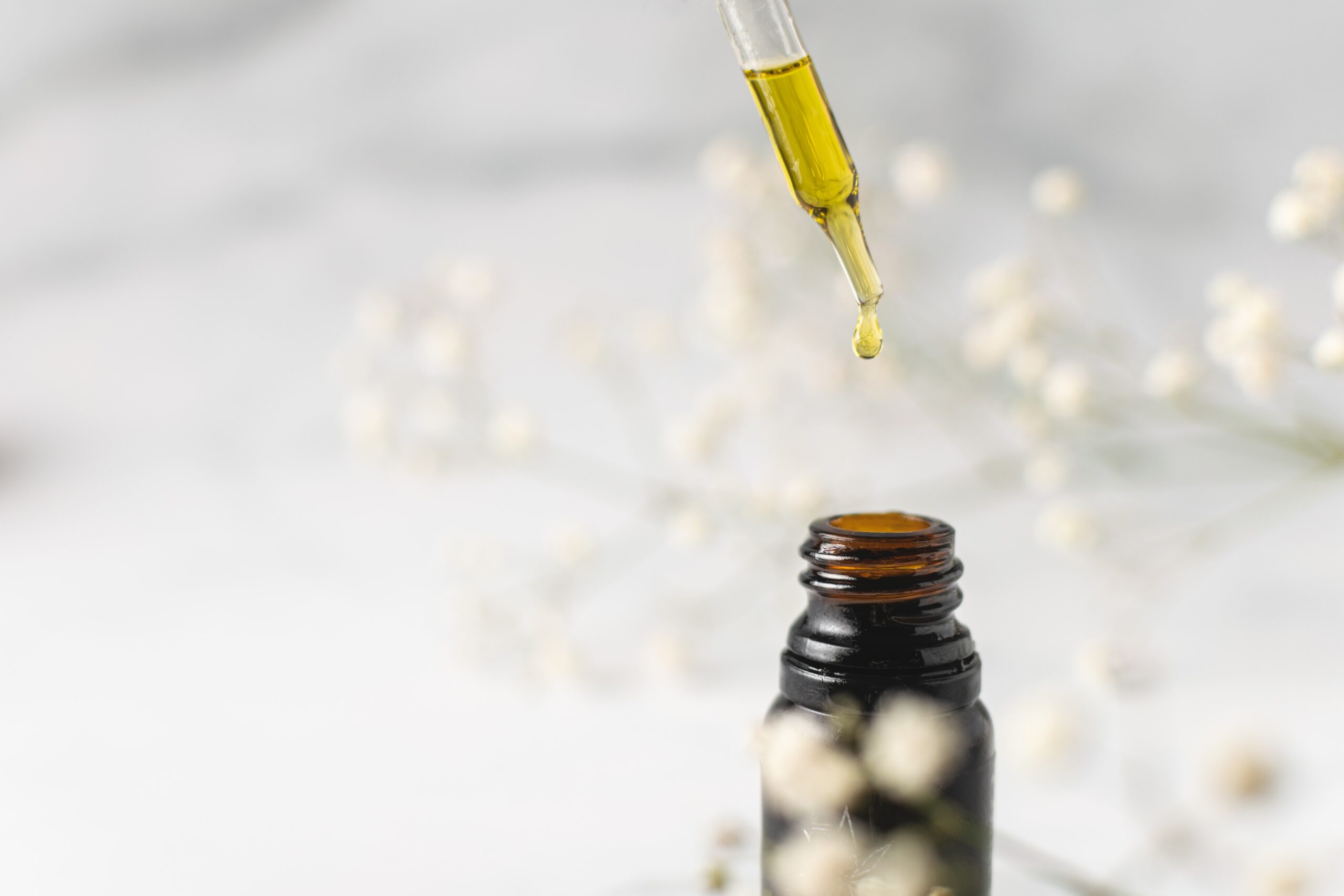Table of Contents
Still Smoking American Spirit Cigarettes?
There’s a better way to get your nicotine fix… organically
It’s basically a universal truth that smoking cigarettes is bad for one’s health. Indeed, the Surgeon General issues a warning on every pack about the inherent dangers of smoking, not to mention the statistics are solid… and shocking. Compared to the average cigarette, vaping is expertly estimated to be 95% less harmful. What about comparing vape to natural tobacco brands such as American Spirit?
In this agro-business dominated world rife with GMOs, paired with our growing distance from the production processes of everything we consume, choosing certified organic goods is one of the only ways we have of ensuring that what we put in our bodies is truly natural. American Spirit, the poster child of the “natural” and additive-free cigarette niche, has a reputation for being a “healthy” alternative to traditional cigarettes, despite warnings on their website to the contrary. We must ask ourselves: do “natural” and “organic” hold up when it comes to smoking?
Smoking And Carbon Monoxide
We’ll start with the basics: a comparison of smoking and vaping. Combustion, or the act of burning, produces a number of compounds emitted when analog cigarettes are lit. One such compound is carbon monoxide (CO), leading smokers to average ten times the blood CO levels that non-smokers exhibit; higher CO levels are related to higher angina rates, making the heart work harder to deliver oxygen to your cells. However, not all hope is lost; within one week of quitting cigarettes CO levels drop significantly, nearing non-smoker levels.
Comparing Compounds
While it is rare, there is both USDA-certified organic cigarettes and e-juice, presenting smokers and vapers, respectively, with a superior option. These organic products do not contain even a fraction of the compounds found in traditional cigarettes, including: benzene, a proven carcinogen; acetone, the vile solvent in nail polish remover that causes liver and kidney damage; cadmium, a toxic heavy metal; hydrogen cyanide, which is extremely poisonous, as well as many other harmful chemicals.
The vape industry, which is relatively young, has also come under increasing scrutiny for some of its ingredients. There has been some concern surrounding the use of propylene glycol (PG), a petroleum-derived liquid that is a staple in most e-liquids, the effects of which remain unknown when heated and inhaled. While the FDA has classified PG as an additive that is “Generally Recognized As Safe,” allowing its use in flavorings, drugs, cosmetics, and as a direct food additive, there have been significant reports among vapers of allergic reaction or outright intolerance to PG. True organic compliance means that the product is absolutely free of PG (look for 100% PG-free e-juice… or the USDA Organic seal). There have also been diacetyl and acetyl propionyl scares when these substances were discovered in e-liquid. While the latest study released by Harvard was severely compromised, such scrutiny of ingredients has actually been of benefit to (savvy) consumers; as awareness has increased, so too have the standards demanded of companies operating in this sector. Many stores, and even some consumers, have begun to inquire about chemical additives and are requesting lab results before making e-liquid purchases to evaluate whether or not suspect chemical compounds are being added to e-liquids for flavoring purposes. Moreover, various e-juice manufacturers have altered their formulas to remove these ingredients. Demand for certified organic products has likewise increased, as certification automatically negates the presence of synthetic chemicals, artificial sweeteners and flavors, and harmful pesticides.
The Better “Certified Organic”
Natural or organic doesn’t mean that the tobacco is being raised sustainably or that it’s keeping small farms operational. American Spirit is owned by R.J. Reynolds, the world’s second-largest tobacco company with farmers all over the world—most of which are large corporate farms. The first certified organic liquid nicotine in the world is now available, derived from certified organic tobacco farmed exclusively on US soil by independent farms, helping ensure those farms provide a livable income to more people. Vaping in general is a great way to boycott Big Tobacco (which continues its fight on us, the people, beyond “just” the production of life-threatening products), but vaping organics is arguably best for you.
Sheerlie
Sheerlie Ryngler, contributor to Spinfuel eMagazine, is the Director of Operations at Vape Organics, the first USDA certified organic e-liquid line. Spinfuel believes in ‘safety first’ when it comes to e-liquid. We invited Ms. Ryngler to contribute to our online magazine to help educate vapers about the importance of knowing exactly what it is we are all filling our clearomizers and tanks with.





